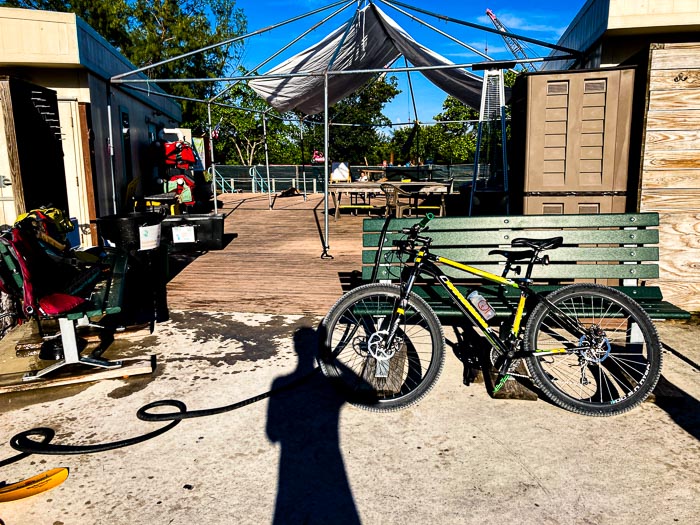The general attitude toward working from home has certainly changed over the last several years. In 2013, the then-CEO of Yahoo!, Marissa Mayer, banned work-from-home at her company. And in 2017, IBM established a similar ban. Both of these actions were based on perceived needs to improve productivity and collaboration at those companies
But in 2020, a lot of companies that moved to work-from home in the Covid-19 environment…because they had no choice if they wanted to continue operating at all…have apparently found it to be working to their satisfaction, and many though not all employees like it, too. And there is starting to be significant impact on where people choose to live…see these comments from the governor of New Hampshire, Chris Sununu. The term ‘zoomtowns’ has been applied to locations where people choose to live and work remotely, based on a locality’s attractive characteristics and good Internet connectivity.
I do think that a comprehensive work-from-home environment can result in losing something in terms of unplanned interactions…I’ve personally observed several significant product and business initiatives that resulted from such interactions, and there are also interesting historical cases. But such things are difficult to measure, and financial benefits and convenience of work-from-home are likely to prevail, perhaps excessively so in some cases. In any event, the Yahoo! and IBM approach of broad-scale top-down corporate edicts is unlikely to be a good one.
Another kind of remote work involves the use of people at remote locations…though not necessarily at home…to perform machine-control tasks that would previously have had to be done on-site. The robots being used by Federal Express at its Memphis facility sometimes encounter problems that they can’t solve…they can be ‘advised’ by humans located in San Antonio. There are projects underway to make municipal water treatment plants remotely operable, either for emergency backup (as in a pandemic) or for normal operations, and there are also initiatives focused on remote operation of other kinds of infrastructure, utility, and industrial facilities.
If something can be done by people who are remotely located within the United States, then in most cases it will also be doable by people who are remotely located in other parts of the world. In my 2019 post telemigration, I wrote about the increasing feasibility of offshoring services work, not only manufacturing. A lot of this has been going on for software development as well as for customer service.
It may turn out that, in many cases, remote work in the US turns out to be just a waystation on the road to remote work somewhere else.

